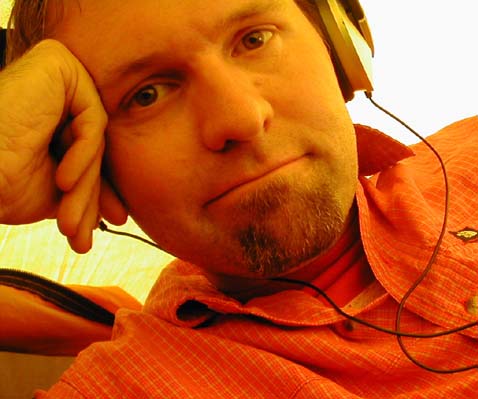here. It's been a busy few weeks with various people out of the
hospital on trips, so I've been playing a few roles: OPD officer,
occasional anesthetist, surgeon, and so forth. But I actually got a
chance to be an ER doc a week ago Monday when we had a motor vehicle
accident appear with 14 passengers at around 4pm. The nature of all
transport in Zambia is that in any one accident there are lots of
victims; all cars or trucks are pretty much filled to bursting wherever
they go because there is no other way to get around. Even at the trauma
hospital where I trained, if 14 patients showed up to the ER
simultaneously it would cause a bit of a stir; here it nearly overwhelms
us every time that it happens. We default to our 'emergency plan' which
I revised a few months ago.
We were finishing up a case in the theater when we got word that they
were arriving; I scrubbed out and went to the female ward. We had to
stage a little traffic direction to bring everyone to a place where we
could triage them -- sort out who was the sickest, the next sick, and so
forth. Unfortunately, one man had bypassed the queue and gone straight
to the theater, and although he was pretty sick, there were two people
who needed to go to the OR more; one with a bilateral broken legs, and
one with a head injury.
The man with the broken legs had lost so much blood en route to the
hospital that by the time he reached the theater he died. We started
CPR and started four IV's and transfused him, and he came back for about
30 minutes, but we were unable to get enough blood into him and he died
again; this time not to recover. The second man with the brain injury
died the next day. The rest are still mostly here 10 days later,
recovering from their various orthopedic injuries as they try to figure
out ways to get transport back to where they were originally supposed to
be going.
With the arrival of the paved road to Mukinge a few years ago, things
like this will become even more common, but the protective things that
shield people from serious injuries in car accidents at home -- seat
belts, sturdy seats, air bags, antilock brakes, decent tires -- are
still a long way off. Most of these accidents come not from two people
hitting each other, but from the vehicle breaking down en route -- blown
tires, failed steering, and so forth. It's sad, because the things to
take good care of trauma patients are pretty basic: availability of
someone with surgical skill, ample blood supply, and decent transport of
accident victims to the hospital.

No comments:
Post a Comment